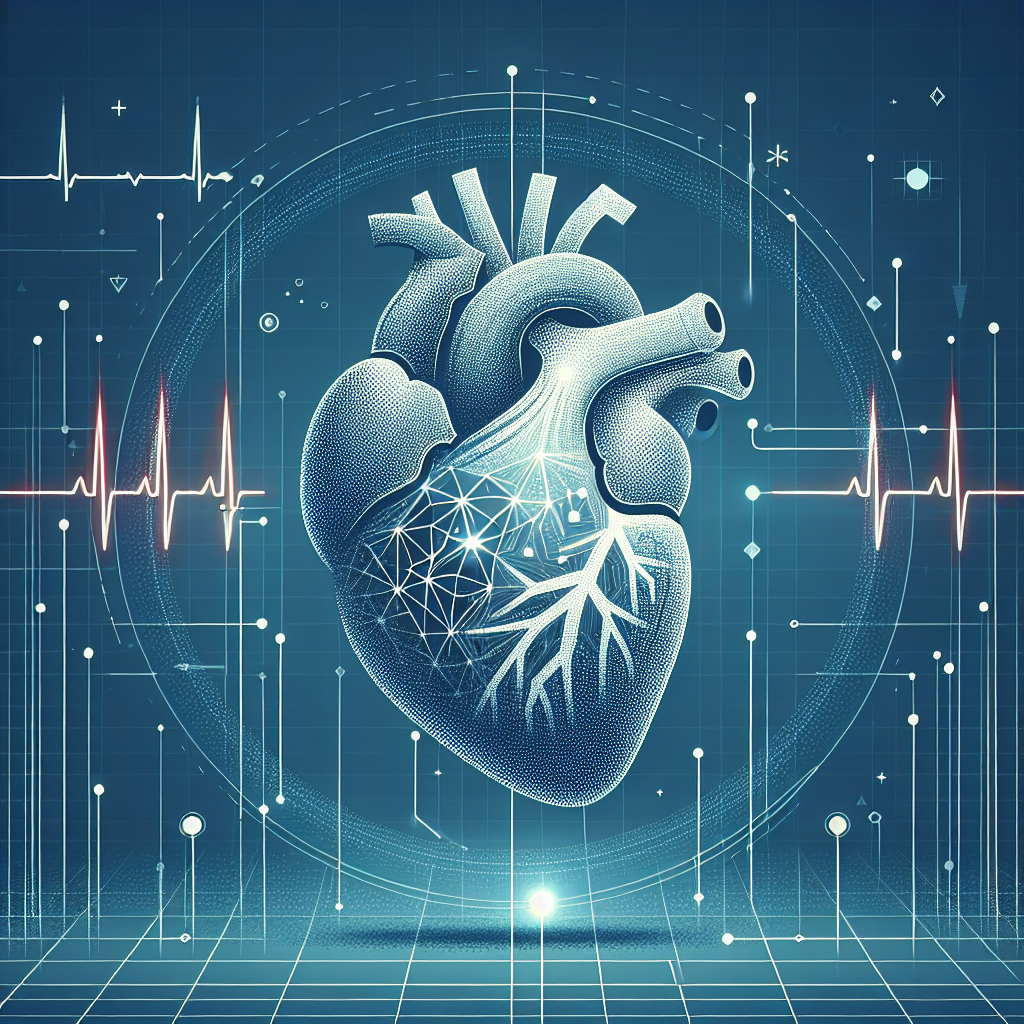From Ancient Understanding to Modern Breakthroughs
While Aristotle believed in a tri-chambered heart governing all bodily functions, modern medicine has advanced significantly in understanding cardiac health. The heart’s vital role in pumping blood remains undisputed, making early detection of heart failure crucial for patient survival.
Revolutionary AI-Powered Detection System
MIT and Harvard Medical School researchers have developed CHAIS (Cardiac Hemodynamic AI monitoring System), a groundbreaking deep learning approach that analyzes ECG signals to predict heart failure risk. This innovation comes at a critical time as heart failure mortality rates increase, especially among younger populations.
Understanding Heart Mechanics
The human heart’s four-chamber system works in precise coordination:
- Right atrium receives oxygen-poor blood
- Right ventricle pumps blood to the lungs
- Left atrium receives oxygenated blood
- Left ventricle distributes blood throughout the body
Traditional vs. Innovation Monitoring
Current gold-standard monitoring requires invasive right heart catheterization (RHC). The new CHAIS system offers:
- Single-lead ECG monitoring via a simple adhesive patch
- Continuous monitoring outside hospital settings
- Accuracy comparable to invasive procedures
- Results within 1.5 hours with 87.5% accuracy
Impact on Healthcare
This breakthrough technology promises to revolutionize heart failure management by:
- Enabling early intervention before symptom onset
- Reducing hospital readmission rates
- Providing equitable access to advanced cardiac care
- Supporting efficient patient monitoring without permanent implants
The ongoing clinical trials at MGH and Boston Medical Center show promising results, potentially transforming how we approach heart failure prevention and treatment.
For more detailed information about this groundbreaking research, visit: MIT News: Deep Learning in Heart Failure Prevention

